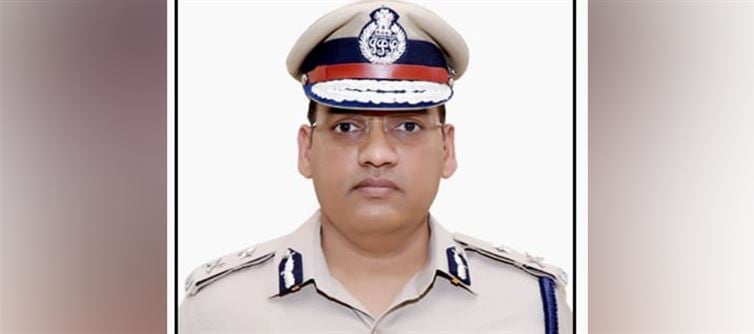
india boasts of being the world’s largest democracy, a nation guided by the Constitution, where equality is enshrined as a fundamental right. Yet, the tragic death of IPS officer Puran Kumar exposes a horrifying truth: caste discrimination is not just alive, it thrives in the very institutions meant to uphold justice. If an officer of his rank—sitting in the higher echelons of power—could be harassed, sidelined, and humiliated to the point of despair, then what hope remains for the ordinary citizen?
1. Caste Discrimination Has No Ceiling
From villages to the corridors of bureaucracy, caste bias doesn’t vanish—it just changes its mask. Puran Kumar’s death proves that no title, no badge, no rank can shield you from humiliation if you belong to a marginalized community.
2. Harassment Was Institutional, Not Accidental
Five formal complaints in two months. Still ignored. Still humiliated. Still sidelined. This was not an oversight—it was a system working exactly as designed: to silence dissenters and crush those who challenge discrimination.
3. Postings As Punishment, Not Service
Being pushed into a “non-cadre” role like IGP home Guards wasn’t just an administrative move—it was a public insult. A message: You may have cleared the toughest exam in india, but we can still make you invisible.
4. Equality Ends Where Bureaucratic Ego Begins
Officers of 1997 enjoyed fast-tracked promotions and early pay hikes. Kumar’s batch? Deliberately sidelined. This wasn’t meritocracy. This was blatant caste arithmetic dressed up as “eligibility.”
5. The Constitution Is Just a Book If Not Enforced
Article 14 promises equality before the law. Article 17 abolishes untouchability. Yet, in real india, discrimination is neither abolished nor punished—it’s institutionalized. When watchdogs become perpetrators, justice becomes fiction.
6. If the Elite Aren’t Safe, the Common Man Is Doomed
If a top-ranking IPS officer, armed with the power of the state, cannot secure dignity within the system, what chance does a Dalit villager have against humiliation in schools, workplaces, or even in temples?
7. Justice Delayed Is Dignity Denied
The silence from the establishment on Kumar’s complaints is not just negligence—it is complicity. Every day of inaction reinforced caste privilege, pushing him further into despair.
🚨 Closing Punch:
Puran Kumar’s death is not just a personal tragedy—it is a national shame. It rips apart the façade of “New India” and shows us the rot we refuse to confront. Symbolic equality in textbooks and speeches means nothing when discrimination thrives in government offices, postings, and promotions. Until accountability is enforced and caste discrimination is punished with the same severity as corruption, india will remain a nation where equality is a promise broken daily.
👉 If the system can break an IPS officer, it can break anyone. And if we don’t demand justice now, tomorrow’s headlines will carry yet another name, another life lost, another promise betrayed.




 click and follow Indiaherald WhatsApp channel
click and follow Indiaherald WhatsApp channel